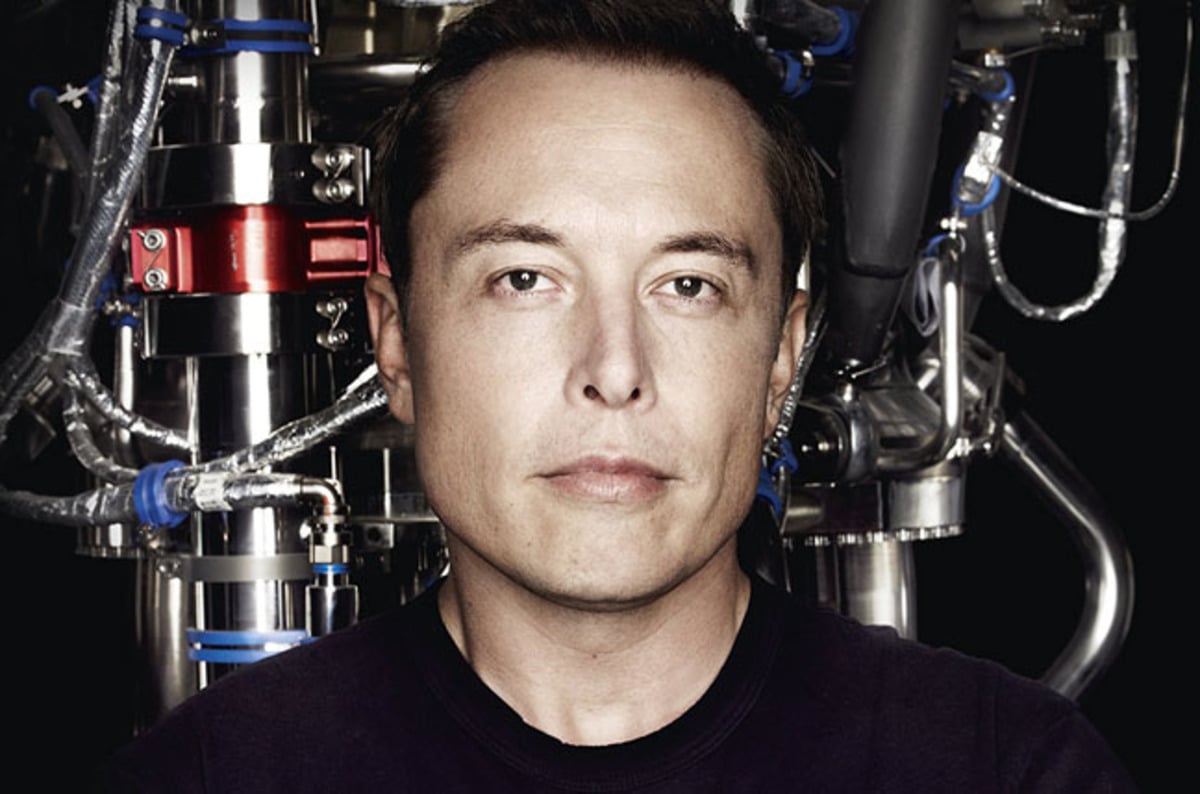Elon Musk on TED
看了两个Elon Musk在TED上的演讲。其实也不算是演讲,是主持人和他的对话。

第一个是Elon在2013年2月时候的对话。
觉得最精彩的部分就是主持人替我们问他:
Could we have some of that secret sauce? Can we put it into our education system? Can someone learn from you? It is truly amazing what you’ve done.
Elon的回答是:
Well, thanks. Thank you. Well, I do think there’s a good framework for thinking. It is physics. You know, the sort of first principles reasoning. Generally I think there are — what I mean by that is, boil things down to their fundamental truths and reason up from there, as opposed to reasoning by analogy. Through most of our life, we get through life by reasoning by analogy, which essentially means copying what other people do with slight variations. And you have to do that. Otherwise, mentally, you wouldn’t be able to get through the day. But when you want to do something new, you have to apply the physics approach. Physics is really figuring out how to discover new things that are counterintuitive, like quantum mechanics. It’s really counterintuitive. So I think that’s an important thing to do, and then also to really pay attention to negative feedback, and solicit it, particularly from friends. This may sound like simple advice, but hardly anyone does that, and it’s incredibly helpful.
第二个是Elon在2017年最近4月份时候的对话。
感触最深的是Elon的这段话:
People are mistaken when they think that technology just automatically improves. It does not automatically improve. It only improves if a lot of people work very hard to make it better, and actually it will, I think, by itself degrade, actually. You look at great civilizations like Ancient Egypt, and they were able to make the pyramids, and they forgot how to do that. And then the Romans, they built these incredible aqueducts. They forgot how to do it.
在这个软件横行的时代,相比实物制造,制作一款可能火爆捞到块钱的软件所付出的成本是很低的。回望过去对未来的憧憬,我们现在所有的创新却都集中在从不离身的这个小小机器上,我们这个时代真正缺少的是像Elon这样的实业实干家。
怪不得Peter Thiel感慨:
”我们想要一辆会飞的汽车,得到的却是 140 个字符”。